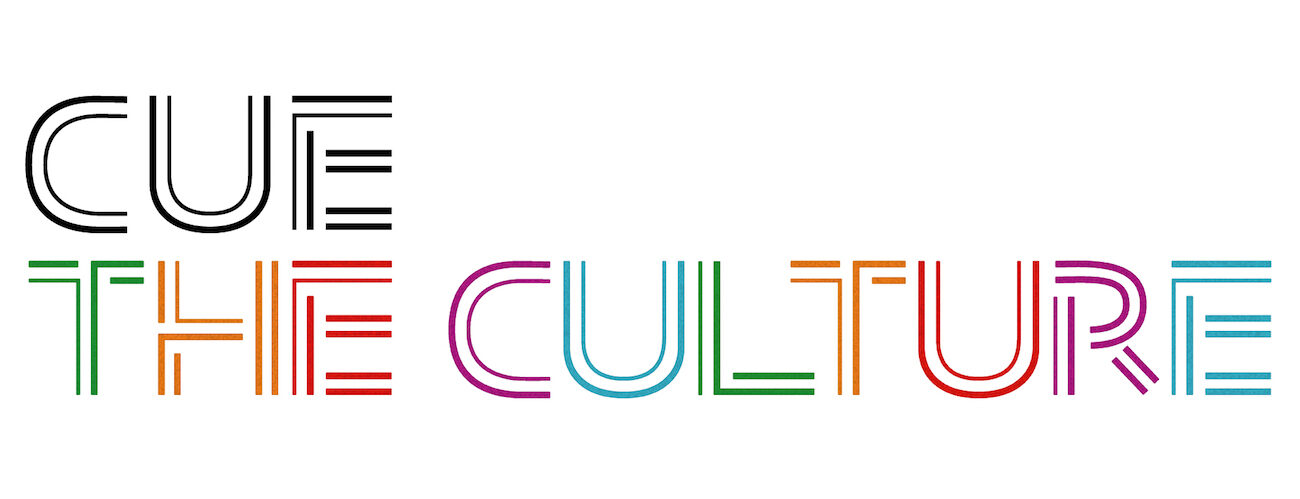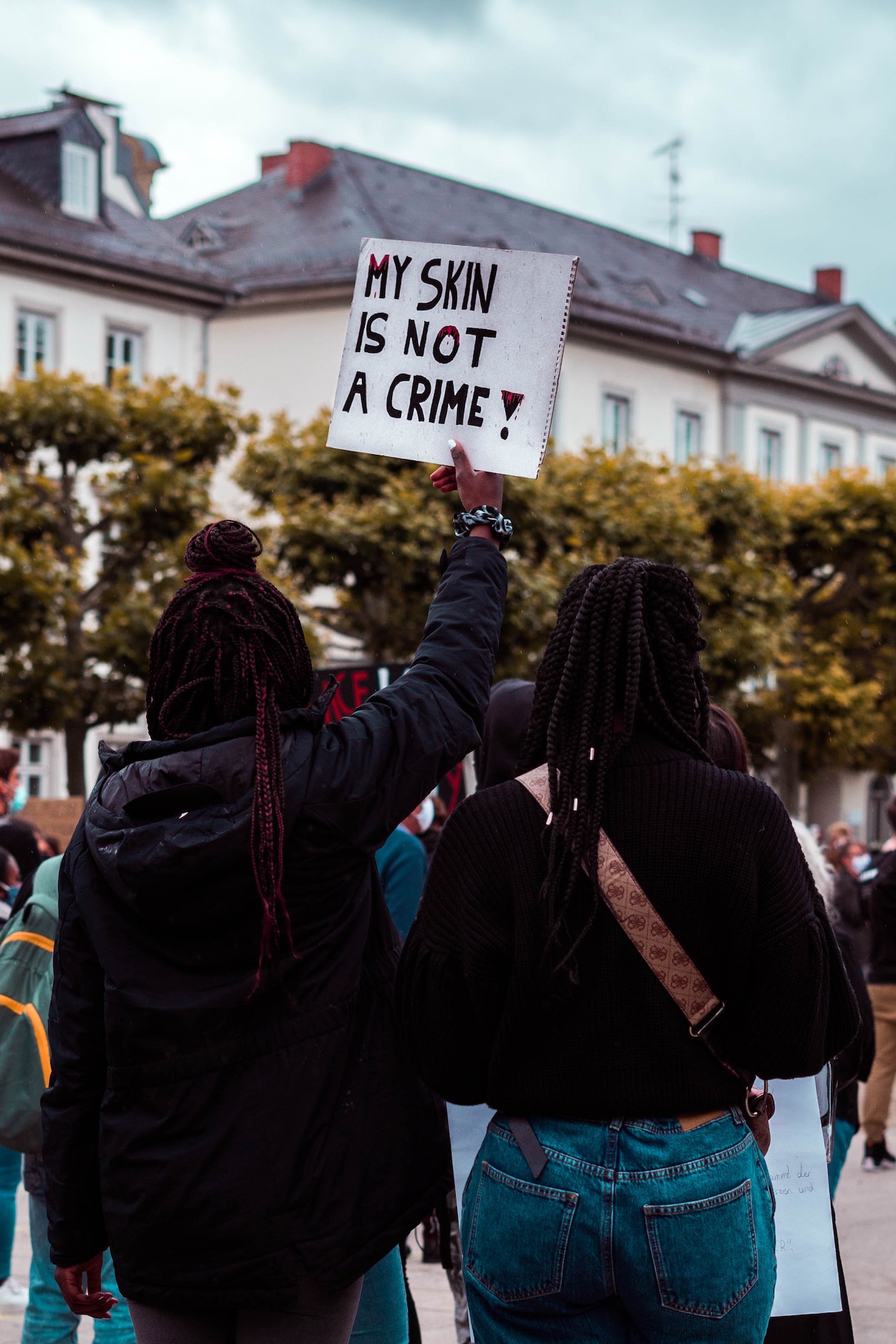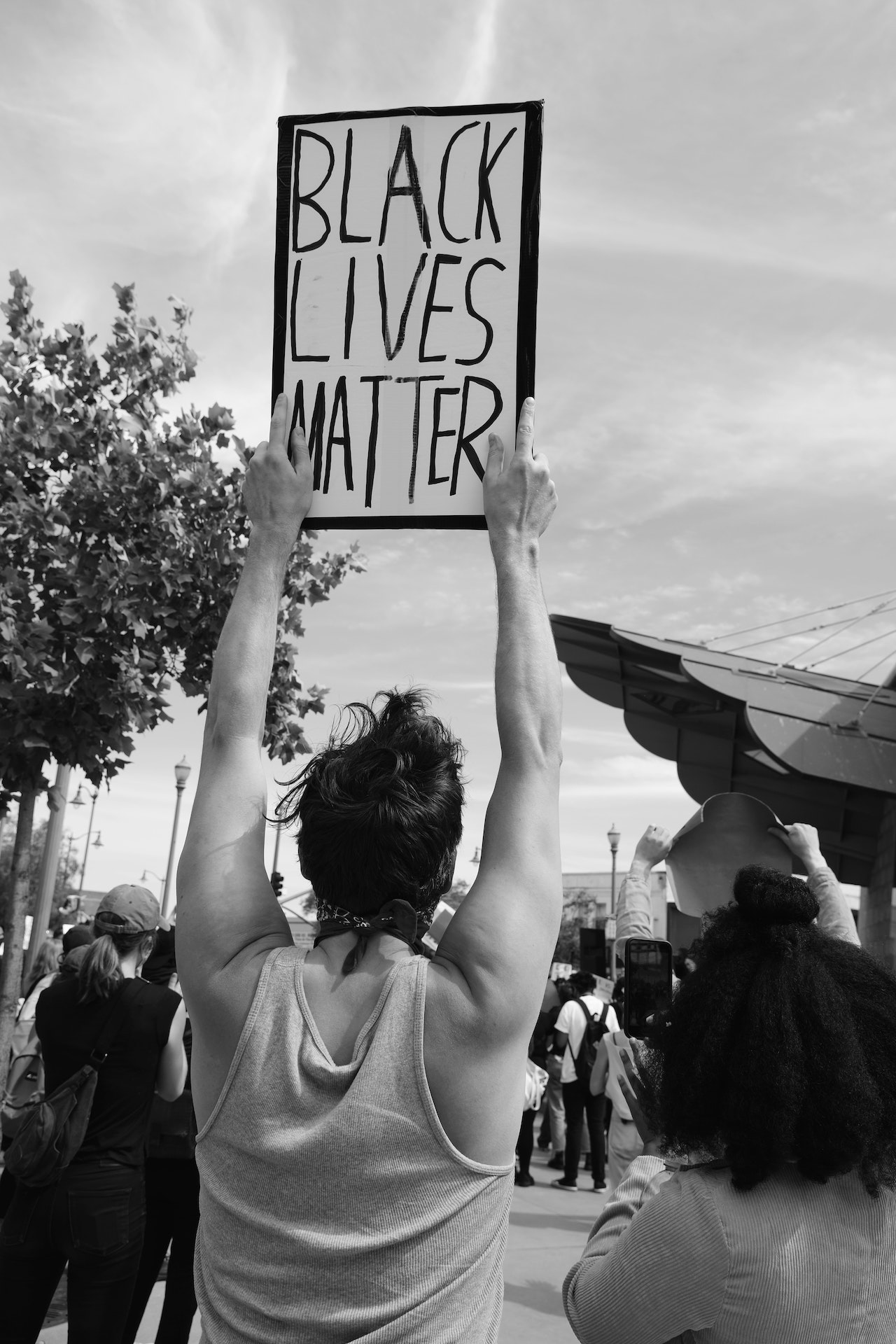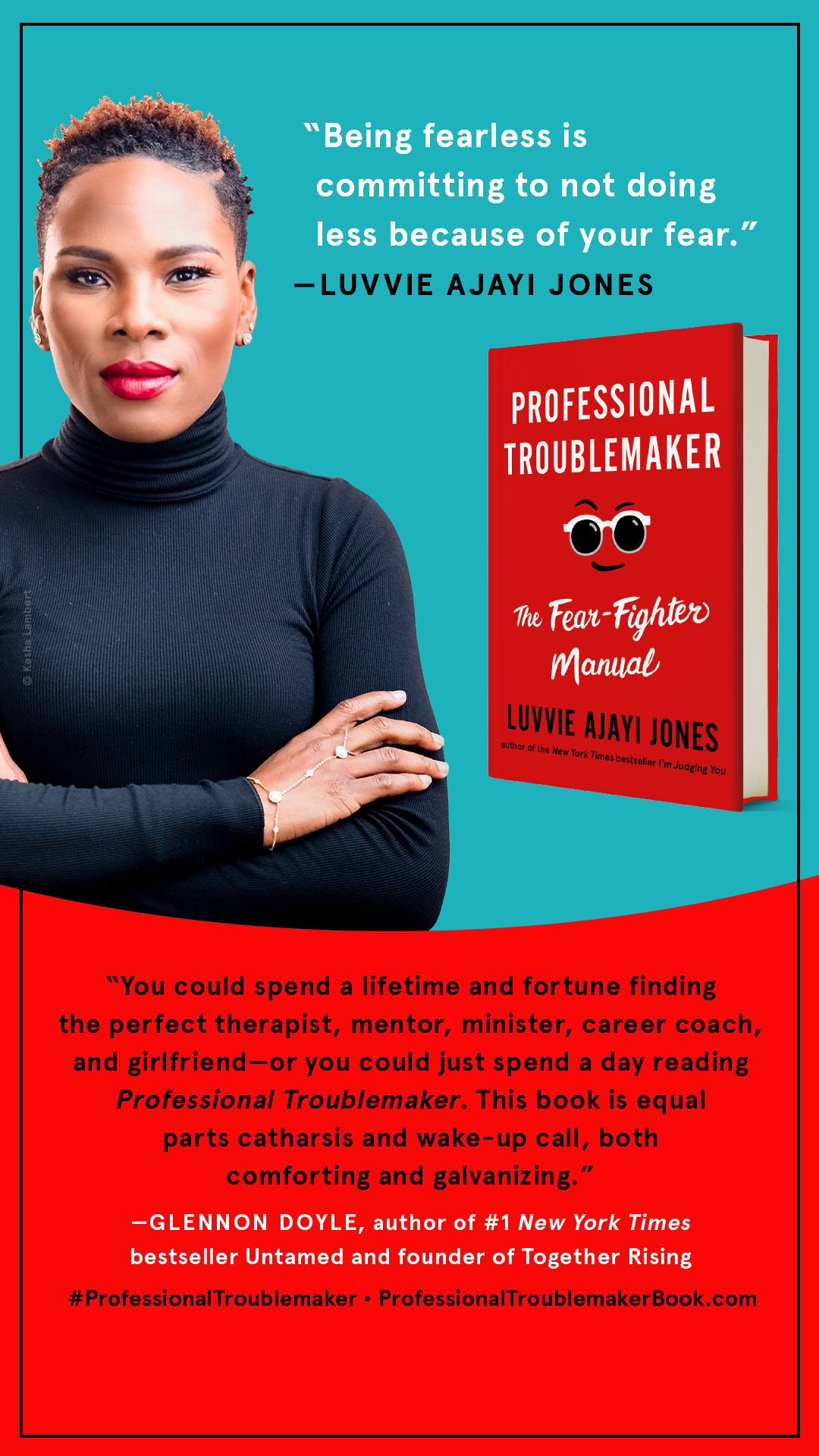Is Marching Enough?
NO. IT. IS. NOT.
Written by Rasheda Kilpatrick | @thatgirlsheed 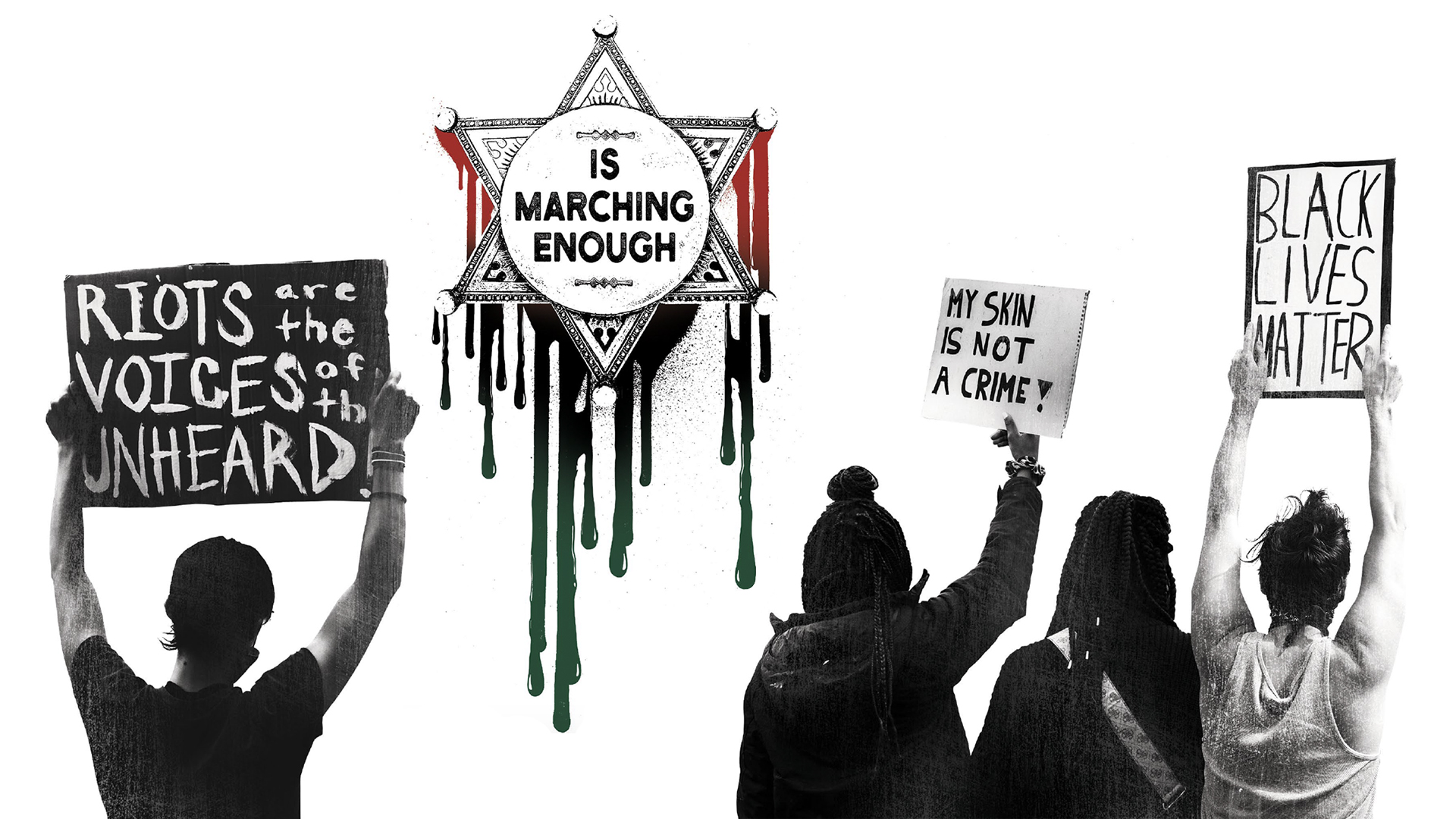
So on a scale of ‘I’m not a master at spades’ to ‘I can’t even fry chicken’, how fast would my Black card be revoked if I said I was sick of marching? Once again America is on fire – literally. After the world watched Minneapolis police officer Derek Chauvin viciously murder George Floyd on May 25, 2020, marches and riots flared up all across the country in protest of police violence. Tens of thousands of people around the country and the entire world poured into the streets to demand justice for George Floyd, Breonna Taylor, and countless others who were killed at the hands of the police.
By July of 2020, either a march or a protest was held in more than 140 cities throughout the nation. Here in Los Angeles, I put on my Black Lives Matter mask and joined them. But I must admit I moved a little slow this time. Not because I was any less upset, seeing a grown man beg for his life until he finally succumbed to death. This time I moved a little slower because I had already marched for Ezel Ford, I marched for Trayvon Martin, and I also marched for Mike Brown. Nothing has really changed. Every time an unarmed Black person is killed by police, we march and scream, “ black lives matter”, but no real change occurs. We rinse, repeat, and recycle.
Despite being weary, I still gathered myself up and marched for George Floyd, but before I could throw my picket sign away, I blinked and three more people were killed by police. It was like my nightmare had come true. I could hear the verse from the popular Lil Uzi song playing on repeat in my head, but I couldn’t find the remote.
I don’t really care if you cryyyyyy… All my friends are dead Push me to the edge
On June 12th Atlanta police officer Garrett Rolfe fatally shot Rayshard Brooks after responding to a call that a man was asleep in a Wendy’s parking lot.
All my friends are dead Push me to the edge
On June 18th Los Angeles County sheriff’s deputy fatally shot 18-year-old Andres Guardado in the back, because he was armed and running away – Guardado was a security guard.
All my friends are dead Push me to the edge
On August 23rd Kenosha Police Officer Rusten Sheskey shot Jacob Blake in the back seven times – in front of his kids. Blake narrowly escaped death but was left paralyzed.
No. Really. I’m being pushed to the edge.
We’ve been marching since before we were even the “New Negroes.” In 1917, the first major protest for Black rights in America was organized by the NAACP, America’s oldest and largest civil rights organization. W.E.B Dubois, a founding member of the NAACP, would later become one of the godfathers of the Harlem Renaissance, a movement that championed the rights of Black Americans by showcasing the advancements of “the New Negroes.” The protest, which was later called the ‘Silent Protest Parade’, consisted of over 10,000 people silently marching down 5th Avenue in New York City to protest the massacre of Blacks in St. Louis earlier that year. The march garnered national attention. An NAACP flyer advertising the march stated the group’s aims: “We march because we want our children to live in a better land and enjoy fairer conditions than have fallen to our lot.”
Black people have been marching ever since yet the violence never stopped.
No disrespect to those who marched before us, but marching alone does not decrease police violence.
